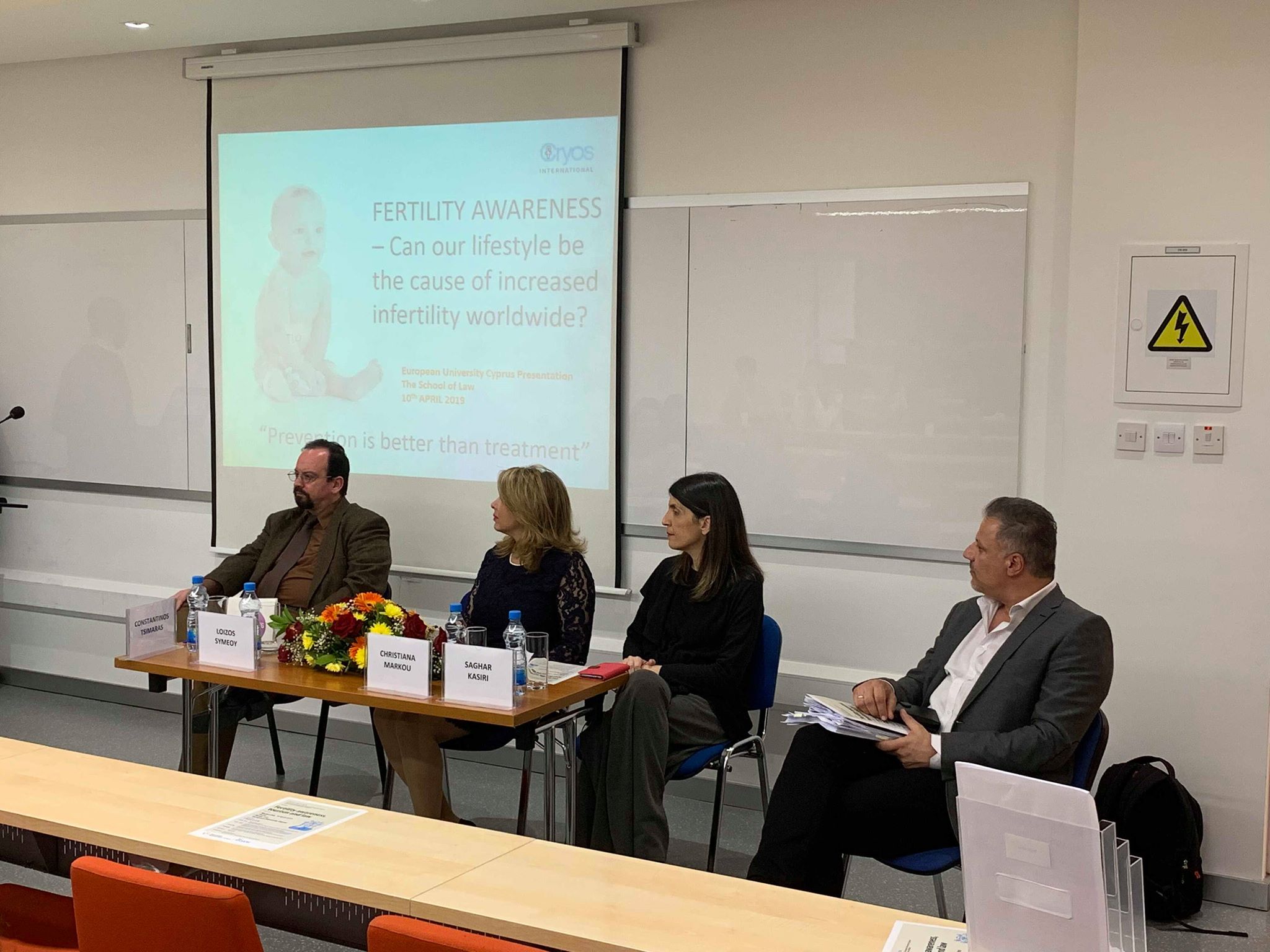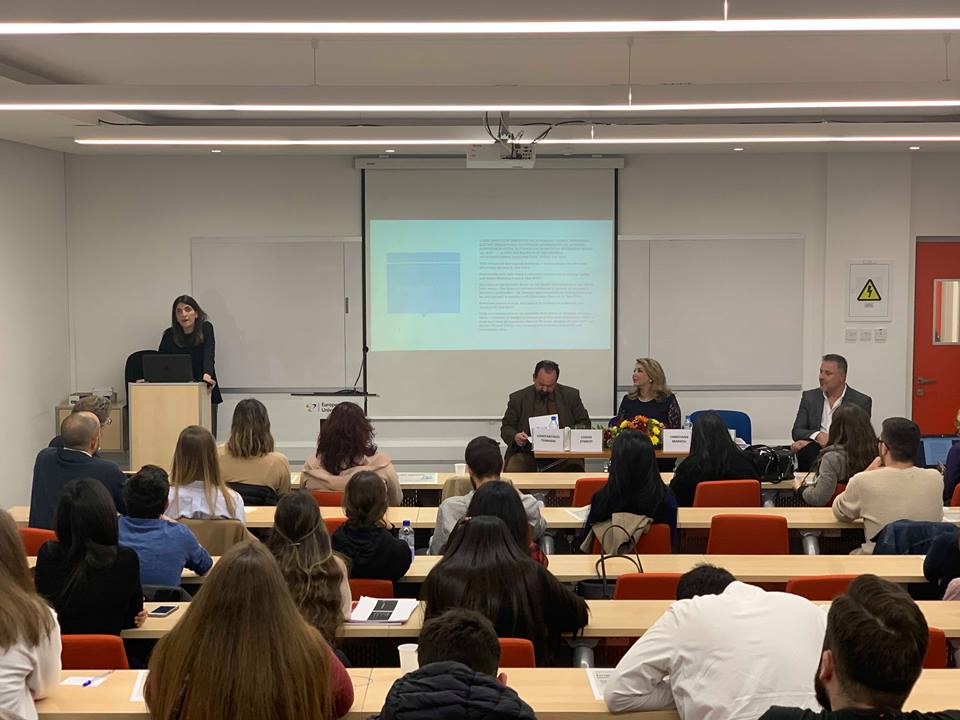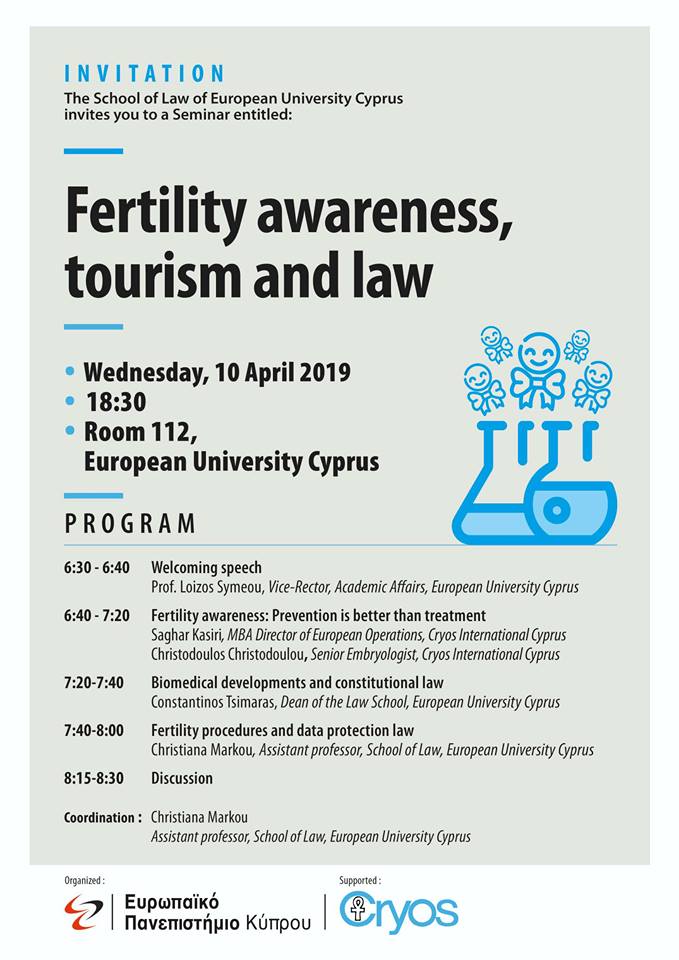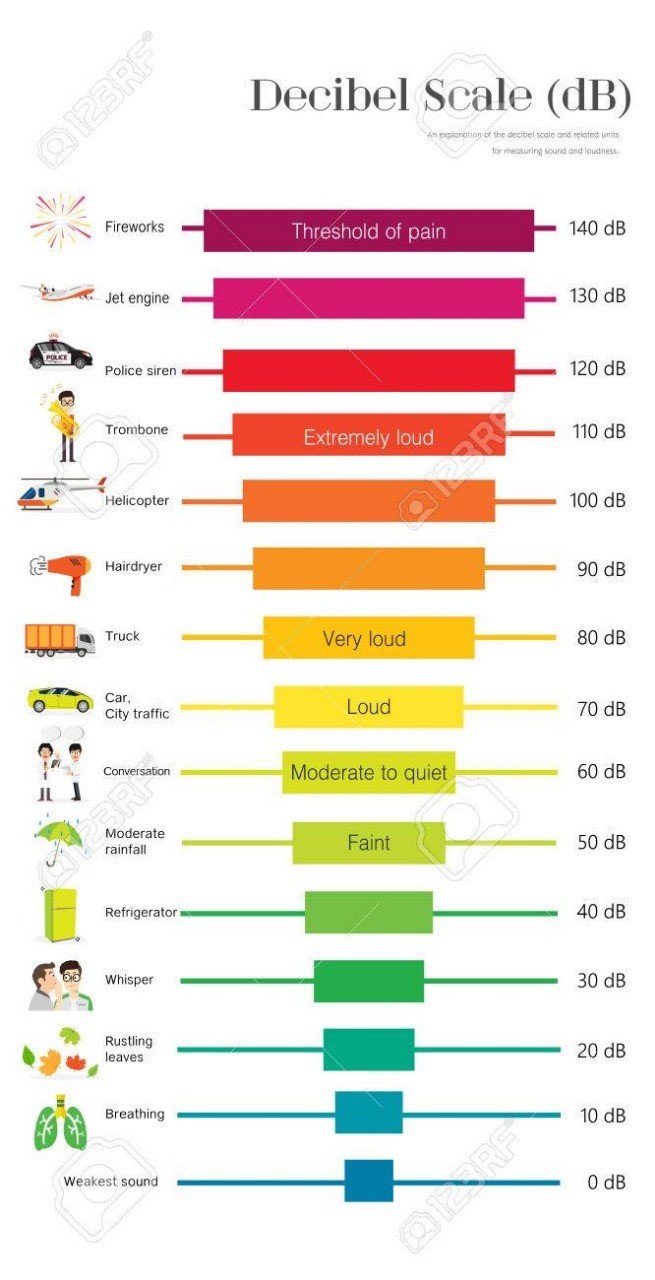Consumer protection law – Cyprus Human Resource Authority

We are in the pleasant position to announce that the lawyer of our office, Christiana Markou has been approved by the Cyprus Human Resource Authority as a distinguished expert in the area of consumer protection law. As a result, seminars and training offered by Christiana Markou to employees of law firms, businesses, organizations, ΝGOs and others will be subsidised by the Cyprus Human Resource Authority if offered through approved infrastructures.
Consumer protection law regulates a wide range of issues related to e-commerce, compliance with websites and shops, bank contracts such as loans, defective products, commercial practices and business advertising, air transport such as cancellations or flight delays, package travel and timeshare real estate leases, distance marketing of financial services, alternative dispute resolution for consumer disputes, etc. In particular, consumer protection law includes the following laws:
- Law for General Safety of Products of 2004 (L. 41(I)/2004) as amended by L. 85(I)/2009, L. 22(I)/2010
- Law for Defective Products (Civil Liability) of 1995 (L. 105(I)/1995) as amended by L. 94(I)/1999, L. 113(I)/2000, L. 45(I)/2002
- Law on certain aspects of the sale of consumer goods and associated guarantees of 2000 (L. 7(Ι)/2000) as amended by L. 90(I)/2007
- Law on unfair terms in consumer contracts of 1996 (L. 93(I)/1996) as amended by L. 69(I)/1999, L. 95(I)/2007, L. 136(Ι)/2014, L. 49(I)/2016
- Law on consumer rights of 2013 (L. 133(Ι)/2013) as amended by L. 187(I)/2017
- Law on off-premises consumer contracts of 2000 (L.13(I)/2000)
- Law concerning unfair business-to-consumer commercial practices of 2007 (L. 103(Ι)/2007)
- Law on package travel and linked travel arrangements of 2017 (L.186(I)/2017)
- Law 156(Ι)/2004 and 97(Ι)/2007- Laws on certain legal aspects of information society services, in particular electronic commerce and on relative issues of 2004 and 2007 (Comprehensive Law)
- Law concerning the distance marketing of consumer financial services of 2004 (L.242(I)/2004) as amended by L. 94(I)/2007, L. 127(I)/2009, L. 29(Ι)/2018
- Law on the protection of consumers in respect of certain aspects of timeshare, long-term holiday product, resale and exchange contracts of 2011 (L. 34(I)/2011)
- Law on credit agreements for consumers of 2010 (L.106(I)/2010) as amended by L. 176(I)/2012, L. 40(Ι)/2013, L. 50(I)/2013, L. 42(Ι)/2017
- Law on credit agreements for consumers relating to residential immovable property of 2001 (L.39(I)/2001) as amended by L. 166(I)/2001, L. 34(I)/2002, L. 77(I)/2002, L. 33(I)/2004, L. 92(I)/2007, L. 126(I)/2009, l. 107(I)/2010
- Law on the indication of the selling prices of products offered to consumers of 2000 (L. 112(Ι)/2000) as amended by L. 119(I)/2005, L. 136(I)/2005
- Law on court orders for the protection of collective interests of consumers of 2007 (L. 101(I)/2007)
- Law on alternative dispute resolution for consumer disputes of 2017 (L.85(I)/2017)
- Regulation (EC) No 261/2004 of the European Parliament and of the Council of 11 February 2004 establishing common rules on compensation and assistance to passengers in the event of denied boarding and of cancellation or long delay of flights, and repealing Regulation (EEC) No 295/91 (Text with EEA relevance) – Commission Statement
- Regulation (EC) No 861/2007 of the European Parliament and of the Council of 11 July 2007 establishing a European Small Claims Procedure
- Regulation (EC) No 2006/2004 of the European Parliament and of the Council of 27 October 2004 on cooperation between national authorities responsible for the enforcement of consumer protection laws (the Regulation on consumer protection cooperation)
- Regulation (EU) No 524/2013 of the European Parliament and of the Council of 21 May 2013 on online dispute resolution for consumer disputes and amending Regulation (EC) No 2006/2004 and Directive 2009/22/EC (Regulation on consumer ODR)


















